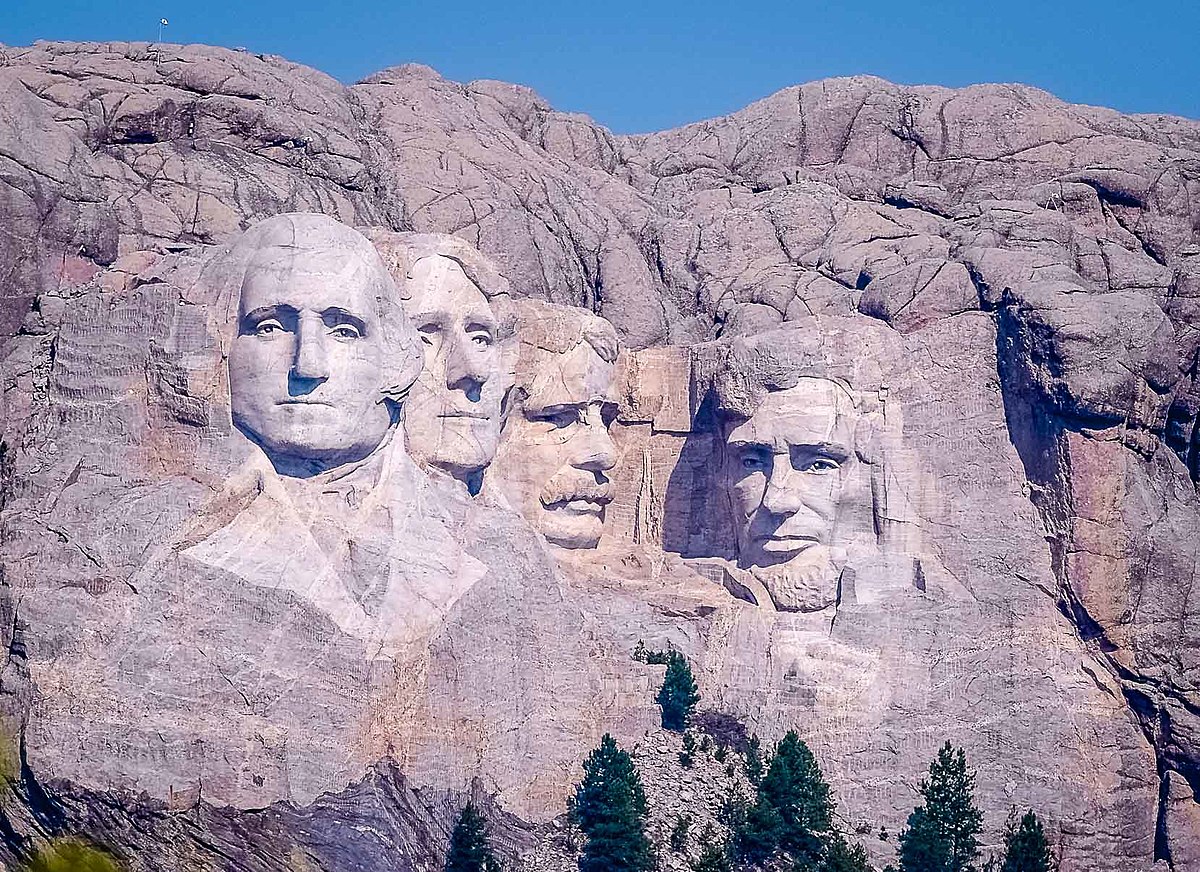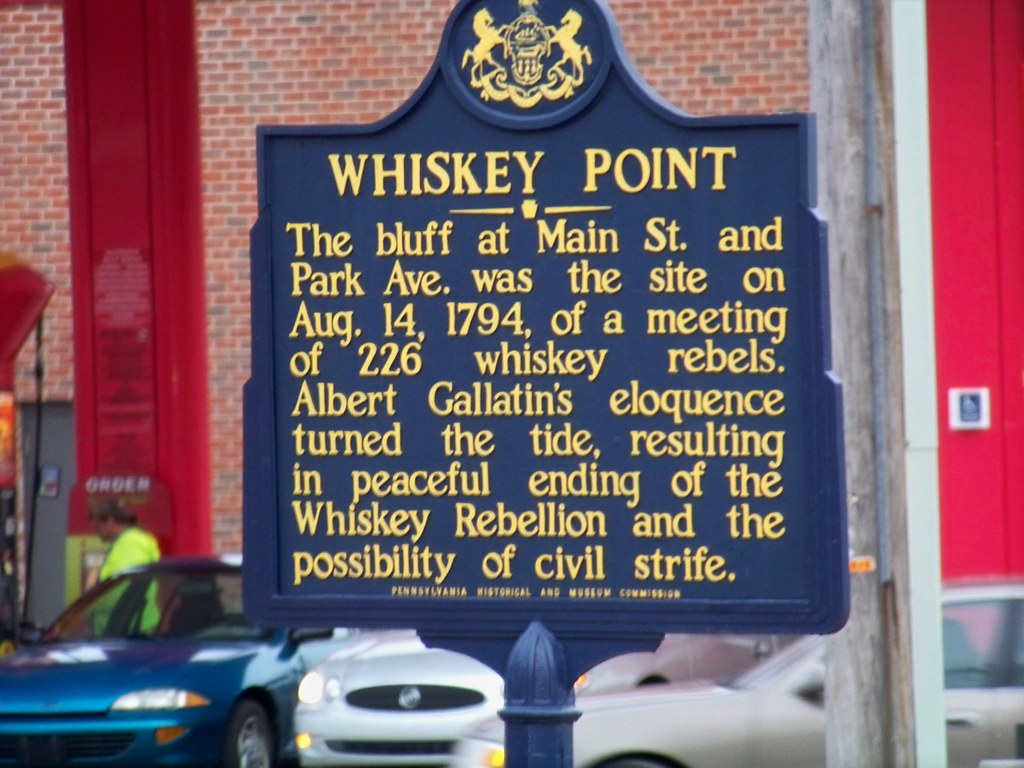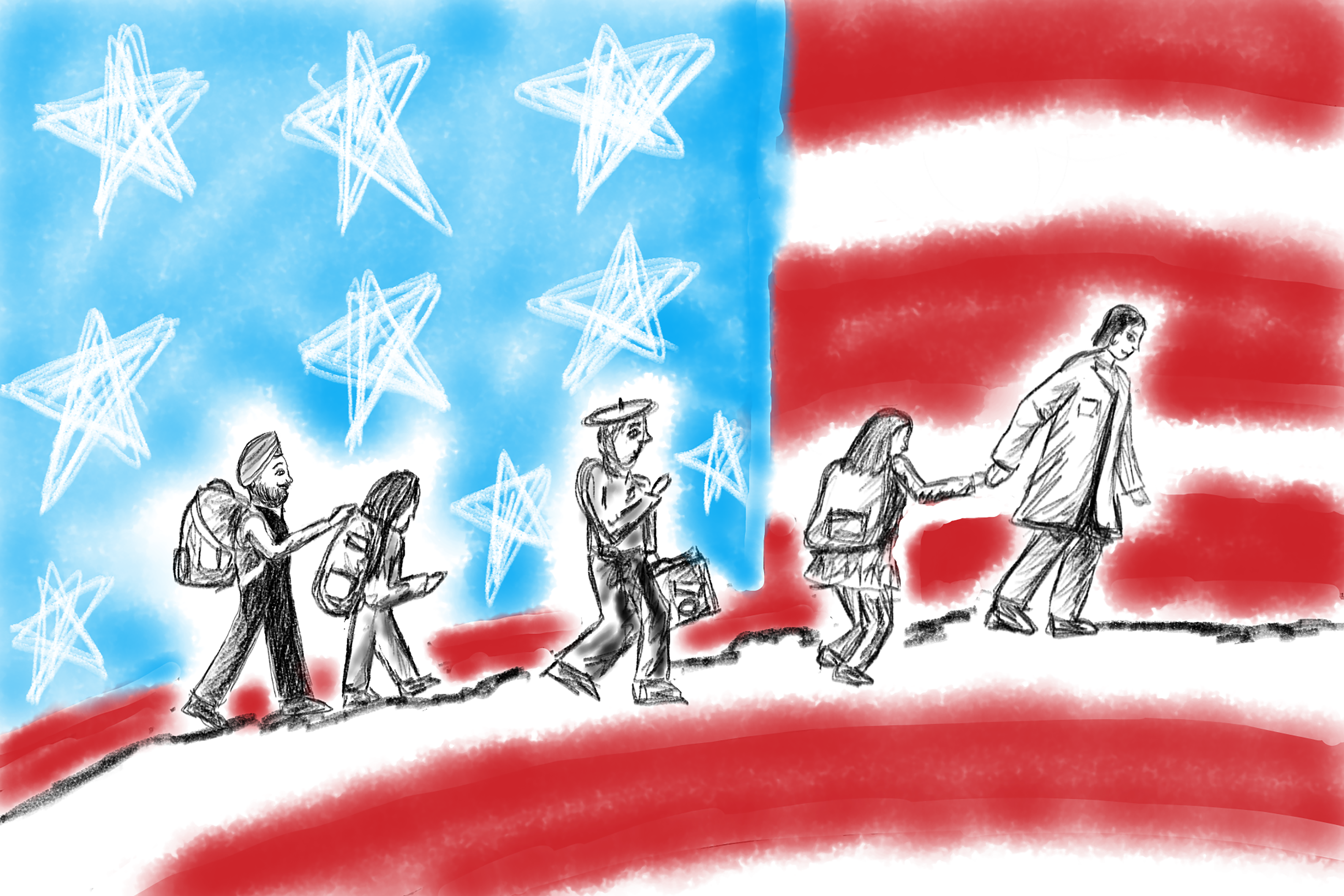Mount Rushmore National Memorial, Keystone, South Dakota. / Photo credit: Wikimedia Commons
An analysis of political leadership through the decades.
By Nicolas Scola
Compromise. It’s an age-old sentiment that seems to be dead in the American political realm of 2024. Gone are the days of sweeping bipartisan agreement, reasonable beliefs that progress and change are afoot, and basic respect for members of different political perspectives.
With political polarization on the rise, it is easy to look backwards to the “good old days” of American history when unceasing courtesy and effortless agreement were a hallmark of American democracy…if only such a time period actually existed.
News pundits would have the American populace believe that we are witnessing a unique period of extreme polarization. While it is true that the playbook for appropriate disagreement in Washington has changed over the decades, the ultimate objective of politics is still very much the same: turning out enough voters to secure victory. As Thomas Jefferson understood, “We do not have government by the majority. We have government by the majority who participate.”
Americans in the twenty-first century have been deluded by the recent past. Collectively, we have grown up in a political environment where, prior to 2016, visceral slander, violence, and mudslinging in general were broadly labeled as inappropriate. As data displays, in prior decades the Republican and Democratic parties were more broadly aligned from a policy perspective, although never completely in agreement on key issues. To a greater extent, cordiality across the political aisle was the norm in past decades. Many of the most devoted political friendships in the past were found between bitter ideological opponents, one of my favorites being the relationship formed between Republican President Ronald Reagan and Democrat Speaker of the House Tip O’Neill.
While it’s hard to imagine President Biden and House Speaker Johnson, or any Democrat and Republican in Congress for that matter, fostering a post-happy hour friendship, American history shows that the unparalleled partisan era in which we live is not unprecedented. History is rife with examples of violence, disunity, and defamation. The election of 1800 makes modern quips exchanged throughout the 2024 election cycle look like compliments by comparison. Even events touted as “unprecedented assaults” are much less surprising when analyzing America’s historical record. As President Andrew Jackson’s inauguration proved, raucous crowds can become mobs quite rapidly. In the span of a few short hours, Jackson’s galvanized supporters managed to lay waste to the White House, only lured away from the Executive Mansion by bathtubs full of…you guessed it, whiskey!
It is undeniable that there are certain continuities across American history, one being the partisan nature of politics. As I have previously written about, political parties have a long established history in the United States. However, it is important to recognize that the personality traits of American politicians are usually correlated to the era in which they live. During times of international uncertainty, domestic uprising, and general peril, politicians tend to exude greater strength, which may be misconstrued as a personality flaw in other time periods.
Take Franklin Delano Roosevelt as an example, a man whose presidency is remembered as “unparalleled.” President Roosevelt was certainly a leader of his age. While his presidency was mired by Japanese internment, an attempt to pack the Supreme Court, and an unprecedented four-term presidency, his leadership traits, hallmarked by confidence and a willingness to experiment, were certainly unique to the time period during which he served as president. Emerging from the Great Depression and with World War II on the horizon, one could argue the American electorate was in need of a president who did not adhere to the strictures of 1920s laissez-faire governance.
Electing a leader for the age is a necessary endeavor. America has faced more than its fair share of trials and tribulations, each met with an executive whose personality was suited to address the issue at hand. George Washington’s ability to step away, Abraham Lincoln’s insistence on reunification, Franklin Delano Roosevelt’s capability to experiment, and Ronald Reagan’s ability to compromise were all instrumental factors in overcoming the challenges that confronted America during the eras in which they served as president. In 2024, America is in need of a leader who will be able to solve the most salient crises of the modern era.
At present, the United States faces many notable global and domestic challenges. As war rages across the world, price instability erodes the American middle class, a broken immigration system places strain upon the job market and domestic infrastructure, and judicial proceedings of a former president take center stage, the 2024 election assumes pivotal importance.
Many Americans are disenchanted by the current choice of political candidates. As data shows, roughly twenty-five percent of Americans have unfavorable opinions of the two leading candidates for president. For a significant portion of voters, simply abstaining from casting a ballot for president has become a preferred choice come November. With the backdrop of consternation caused by global and domestic calamities outlined above, it is more important than ever to exercise one’s civic duty in the upcoming election. To echo a sentiment expressed by Ronald Reagan, it only takes a generation for the work of many centuries to be unraveled. Willfully choosing to not vote should never be an option. In a few short decades, our generation could very well be the last repository of memories from when the United States was truly a great nation. But what characteristics should voters look for in our next president?
More than anything, America is in need of a unifier who exudes strength. The 2024 election will be a fateful test, but as history suggests, American citizens will meet that challenge by electing a leader for our age.
Nicolas Scola is a rising sophomore in the College studying Philosophy, Politics, and Economics from Morristown, NJ. Nicolas is also the podcast director for The Pennsylvania Post. His email is nscola@sas.upenn.edu.




